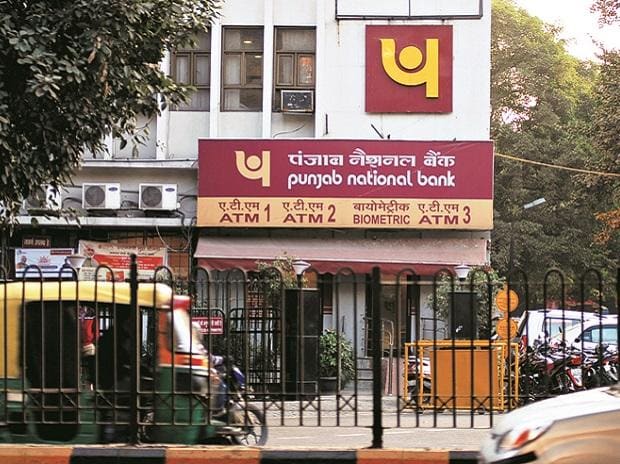The Government of India currently
holds 85.59 per cent stake in the bank.
State-owned Punjab
National Bank (PNB) on Thursday said its board has approved a proposal to
raise Rs 10,000 crore through a mix of both equity and debt.
Besides, the board
has cleared opening balance sheet of the amalgamated bank as on April 1, which
is post amalgamation of Oriental
Bank of Commerce and United Bank of India into PNB, the bank said in a
regulatory filing.
The board has given its nod for "raising of capital through issue of equity shares and Basel III-compliant tier-2 bonds by way of private placement, qualified institutional placement (QIP), further public offer (FPO), rights issue or any other mode or through a combination thereof up to an amount of Rs 10,000 crore".
The bank will seek
shareholders' nod for raising of equity capital for an amount up to Rs 7,000
crore in the forthcoming annual general meeting.
The Government of
India currently holds 85.59 per cent stake in the bank.
The country's
second-largest lender PNB is planning to hit capital markets in the fourth
quarter of this financial year to raise funds to help meet growth needs and
regulatory requirements.
The bank has a
capital adequacy ratio of 14.14 per cent at the end of March 2020.
The board also
approved appropriation of accumulated losses of Rs 28,707.92 crore from the
share premium account of the amalgamated bank.



